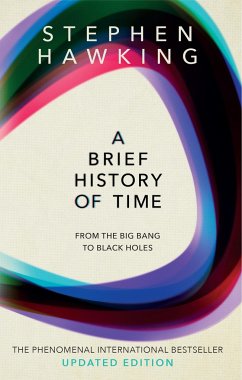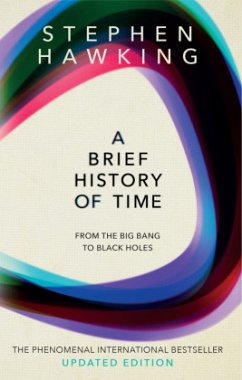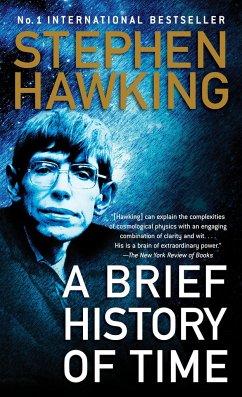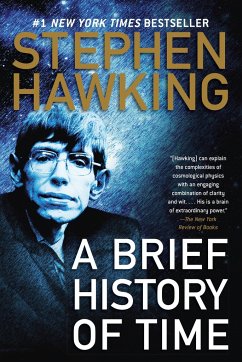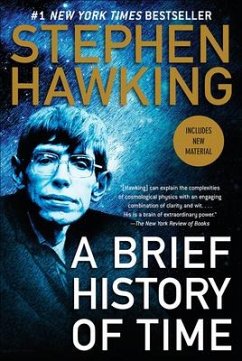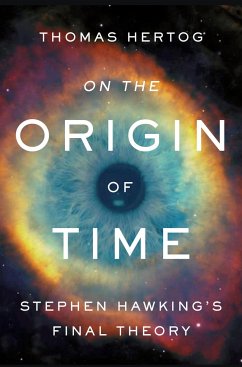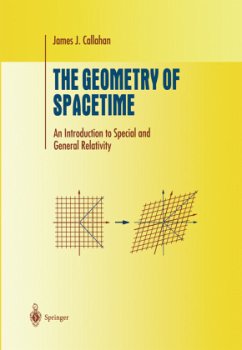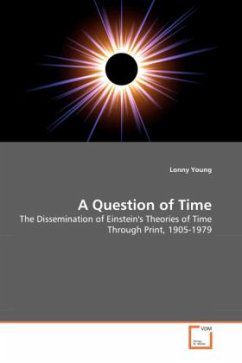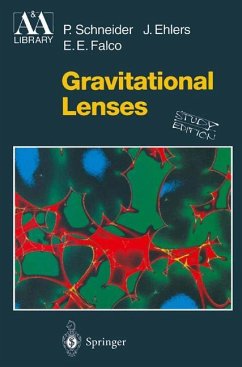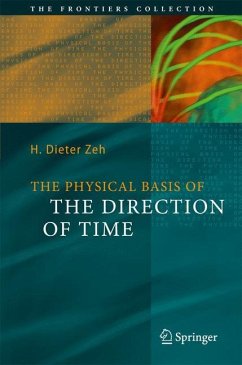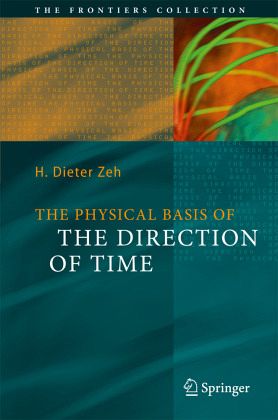
The Physical Basis of The Direction of Time
Versandkostenfrei!
Versandfertig in 6-10 Tagen
49,99 €
inkl. MwSt.
Weitere Ausgaben:

PAYBACK Punkte
25 °P sammeln!
Four previous editions of this book were published in 1989, 1992, 1999, and 2001. They were preceded by a German version (Zeh 1984) that was based on lectures I had given at the University of Heidelberg. My interest in this subject arose originally from the endeavor to better - derstand all aspects of irreversibility that might be relevant for the statistical natureandinterpretationofquantumtheory. Thequantummeasurementp- cess is often claimed to represent an 'ampli?cation' of microscopic properties to the macroscopic scale in close analogy to the origin of classical ?uctuations, whichmayleadt...
Four previous editions of this book were published in 1989, 1992, 1999, and 2001. They were preceded by a German version (Zeh 1984) that was based on lectures I had given at the University of Heidelberg. My interest in this subject arose originally from the endeavor to better - derstand all aspects of irreversibility that might be relevant for the statistical natureandinterpretationofquantumtheory. Thequantummeasurementp- cess is often claimed to represent an 'ampli?cation' of microscopic properties to the macroscopic scale in close analogy to the origin of classical ?uctuations, whichmayleadtothelocalonsetofaphasetransition,forexample. Thisclaim can hardly be upheld under the assumption of universal unitary dynamics, as is well known from the example of Schr¨ odinger's cat. However, the classical theoryofstatisticalmechanicso?ersmanyproblemsandmisinterpretationsof its own, which are in turn related to the oft-debated retardation of radiation, irreversible black holes with their thermodynamical aspects, and - last but not least - the expansion of the Universe. So the subject o?ered a great and exciting 'interdisciplinary' challenge. My interest was also stimulated by Paul Davies' (1977) book that I used successfully for my early lectures. Quantum gravity, that for consistency has to be taken into account in cosmology, even requires a complete revision of the concept of time, which leads to entirely novel and fundamental questions of interpretation (Sect. 6. 2). Many of these interesting ?elds and applications have seen considerable progress since the last edition came out.





